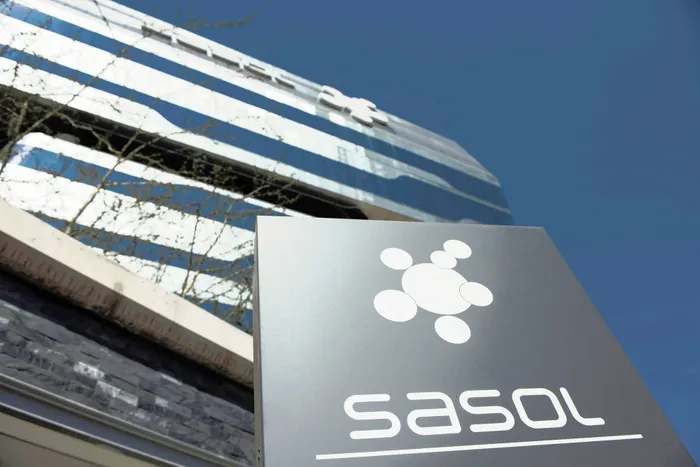Sasol forks out R96m for its joint CEOs' separation packages

Sasol paid its former joint presidents and chief executives Bongani Nqwababa and Stephen Cornell about R96 million in benefits and golden mutual separation packages, the company said in its annual report for the year ended June 2020.
JOHANNESBURG – Petrochemical giant Sasol paid its former joint presidents and chief executives Bongani Nqwababa and Stephen Cornell about R96 million in benefits and golden mutual separation packages, the company said in its annual report for the year ended June 2020.
The annual report, which was released late on Monday, said Cornell’s total remuneration was R68.65m and included a R20.8m salary, R21.65m mutual golden handshake and R1.86m in long-term incentive compensation.
Nqwababa’s total pay package was R27.2m and included an R14.3m mutual separation package, a R8.7m salary and R1.9m in long-term incentive compensation.
Cornell and Nqwababa had agreed to an amicable mutual separation with the company and stepped down at the end of October last year following cost and project overruns at the Lake Charles Chemicals Project (LCCP) in the US.
The cost of the LCCP investment ballooned to almost $13 billion (R221bn) from the original $8.9bn estimate, putting the group’s debt profile at risk.
Sasol undertook an investigation into the overruns at the LCCP, which resulted in an almost three-month delay in the release of the group’s 2019 financial results.
Following an external investigation, the board had found that there was no personal wrongdoing, nor was there misconduct nor incompetence on the part of the joint chief executives.
Remuneration committee chairperson Mpho Nkeli said the board mandated the remuneration committee to agree on the separation terms for these two executives.
She said the committee ensured the agreed separation packages were in line with market practice for executive separations.
“Both executives were placed on garden leave during the contractual six months’ notice period and we granted an additional two months’ employment on full salary to Cornell to accommodate his school-going children before their repatriation to the US,” Nkeli said.
Nkeli added that the committee agreed a separation package equal to 12 months’ salary for Cornell and Nqwababa.
In a leadership shake-up, the board appointed Fleetwood Grobler as the new president and chief executive, Vuyo Kahla as an executive director, Marius Brand as executive vice-president for group technology and Brad Griffith as executive vice-president for the Chemicals Business.
The collapse in oil prices and weak economic activity because of the Covid-19 pandemic has exacerbated Sasol’s stretched balance sheet.
“Our new president and chief executive acted swiftly to put in place a comprehensive response plan to stabilise the business.
"With employee-related costs making up approximately 50 percent of our cash fixed costs, we needed to make difficult remuneration-related decisions as part of the self-help measures to manage balance sheet challenges,” Nkeli said.
To protect the balance sheet, Sasol implemented a comprehensive response plan to enhance cash flow and reposition the balance sheet to be resilient in a sustained low oil price environment.
In an effort to cushion the impact of the weak oil price environment, Sasol had announced measures including a cash-conservation programme, an asset disposal programme, potential partnering for Sasol’s US Base Chemicals assets, a rights issue of up to $2bn in the second half of the 2021 financial year.
The petrochemicals company is also focused on active balance sheet management to maintain a healthy liquidity position and a balanced debt maturity profile.
BUSINESS REPORT
Related Topics: